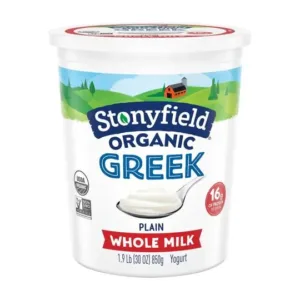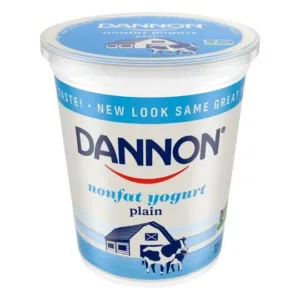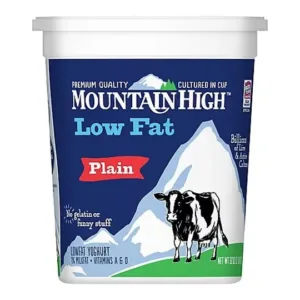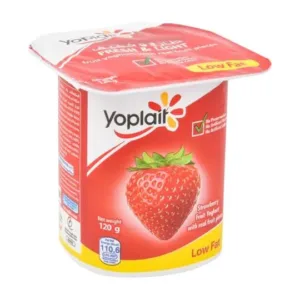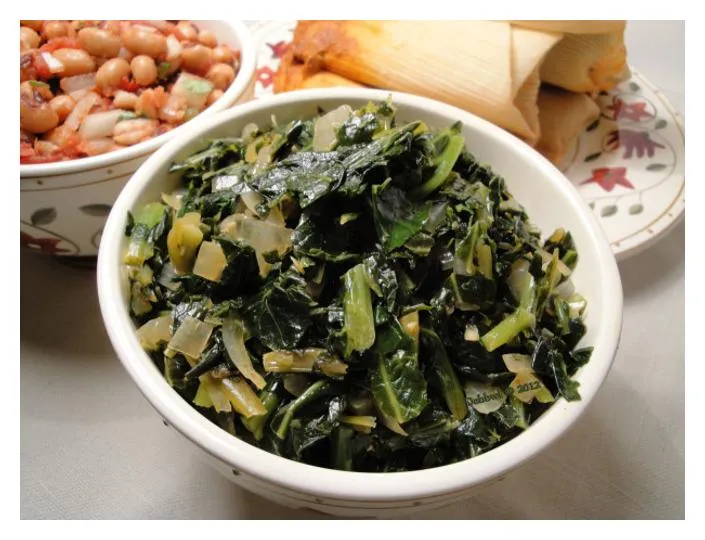
Keto Verdict: Cooked Collards from Frozen?
As the keto diet continues to rise in popularity, there's a growing curiosity about where our favorite foods fit into this high-fat, low-carb regime. Today, we're delving deep into the realm of Cooked Collards. Yes, these hearty greens that can sustain us through a tough winter, providing important nutrients when fresh vegetables are scarce. They’re often the unsung heroes of a side dish, gently simmered with a few simple ingredients. But the question that remains unanswered for many of us: Are Cooked Collards (From Frozen) keto-friendly?
Understanding the Keto Diet
Before we consider the specifics of cooked collards, it's essential to understand the major principles of the ketogenic diet. This diet mainly emphasizes high fat (around 70-80% of daily caloric intake), moderate protein, and extremely low carbohydrate intake (generally under 50 grams of net carbs per day). The objective? To switch your body into a state of ketosis, where it burns fat as its main fuel source instead of carbohydrates.
Nutritional InformationPer (1 Cup (170.0g)):
Per 100g:
| 
Cooked Collards (From Frozen) is on the higher side of carbs for a keto diet. It's best to consume it occasionally. |
Cooked Collards, sourced from its frozen state, is a leafy green vegetable known for its robust fiber content and an impressive lineup of essential vitamins and minerals.
This powerhouse of nutrition showcases macronutrients like Vitamins K and A in abundance. Its rich profile is also extended with Vitamin C and B group vitamins, including folate.
However, its carbohydrate content, at 12g per serving, categorizes it on the higher side for a keto diet. Thus, while an occasional addition of Cooked Collards might not interfere significantly with your ketogenic dietary goals, it's best consumed in moderate quantity to maintain optimal ketosis.
